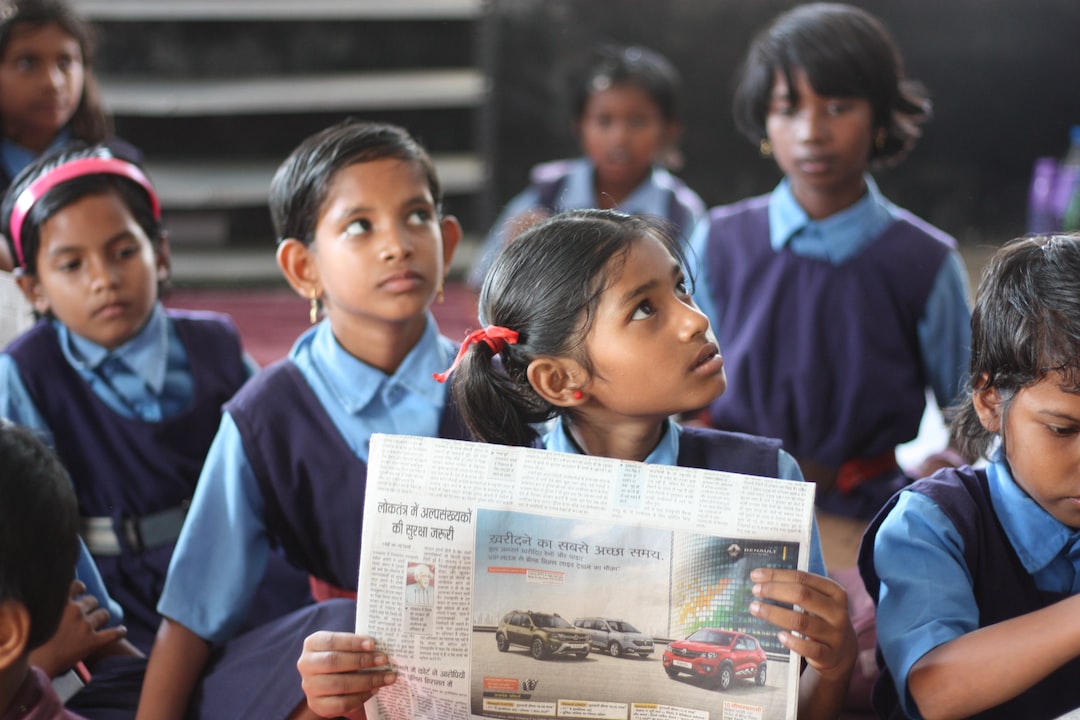
The Internet is a vast source of knowledge and is the sanctuary of millions of viewers each minute or hour of the day. It satisfies an important factor in the spread of knowledge. It is free.
In Vedic culture which existed in ancient India and is followed loosely to this day, knowledge was to be passed on free of charge. However, knowledge so passed on was useless to the student, who could forget the key parts at the opportune time, if there was no Gurudakshina.
Gurudakshina was the offering made to a guru for the education received. This system met its social needs at a point in time. However, it did empahasise in a very curious way that education was not free!
Take a look at systems of education. Jobs are linked to education and degrees. The Universities need large amounts of funds to maintain themselves, they collect prescribed tuition fees from students who raise huge debts to afford an education. The core requirement is a qualification certificate to get a job. There are advantages to the idea that education has to be of a certain quality to ensure the needs of society are met. Therefore a good education leads to better jobs and in turn the state gets benefitted from a well-qualified workforce, earning higher wages with an ability to pay more taxes.
Thus education becomes an important aspect of state policy.
There are several countries that provide free university education, either to their citizens or to international students. Here are some examples:
- Germany: Public universities in Germany offer tuition-free education to all students, including international students.
- Norway: All public universities in Norway provide tuition-free education to students, including international students.
- Sweden: Universities in Sweden offer free education to EU/EEA students and some non-EU/EEA students.
- Finland: Finnish universities do not charge tuition fees, regardless of nationality.
- Denmark: Universities in Denmark do not charge tuition fees for students from EU/EEA countries, Switzerland, or students participating in an exchange program.
- Slovenia: Universities in Slovenia do not charge tuition fees for EU/EEA students or students from countries that have signed a bilateral agreement with Slovenia.
- Brazil: Public universities in Brazil offer free education to all students, including international students.
It’s important to note that while education may be free in some of these countries, there may still be other costs associated with attending university, such as housing and living expenses.
Providing education at the primary level needs incentives in developing countries. The whole idea is to have greater literacy at a younger age. So states that provide free education incentivised with free meals stand to gain in the long term.
The philosophy of learning, teaching, and the spread of knowledge is a broad and complex topic that has been debated and discussed by philosophers, educators, and scholars for centuries. At its core, this philosophy is concerned with understanding how people learn, how best to teach them, and how knowledge can be shared and disseminated to benefit society as a whole.
One key aspect of this philosophy is the belief that all individuals have the potential to learn and develop their knowledge and skills. This view emphasizes the importance of education as a means of enabling people to reach their full potential and contribute meaningfully to society. Additionally, it recognizes that different individuals may learn in different ways, and that effective teaching methods must be tailored to meet the needs of each individual learner.
Another important aspect of this philosophy is the belief in the value of knowledge itself. Knowledge is seen as a valuable resource that can be used to improve the world and make it a better place. This view emphasizes the importance of sharing knowledge with others and creating opportunities for people to learn and grow.
In terms of teaching, this philosophy emphasizes the importance of creating a positive and supportive learning environment that encourages students to engage with and explore new ideas. It also emphasizes the importance of teaching critical thinking skills and encouraging students to question assumptions and evaluate evidence.
Finally, this philosophy recognizes the importance of technology and other tools for spreading knowledge and making it more accessible to people around the world. This view emphasizes the importance of using technology to create new opportunities for learning and sharing knowledge, and to help overcome barriers to access that may exist in certain parts of the world.
